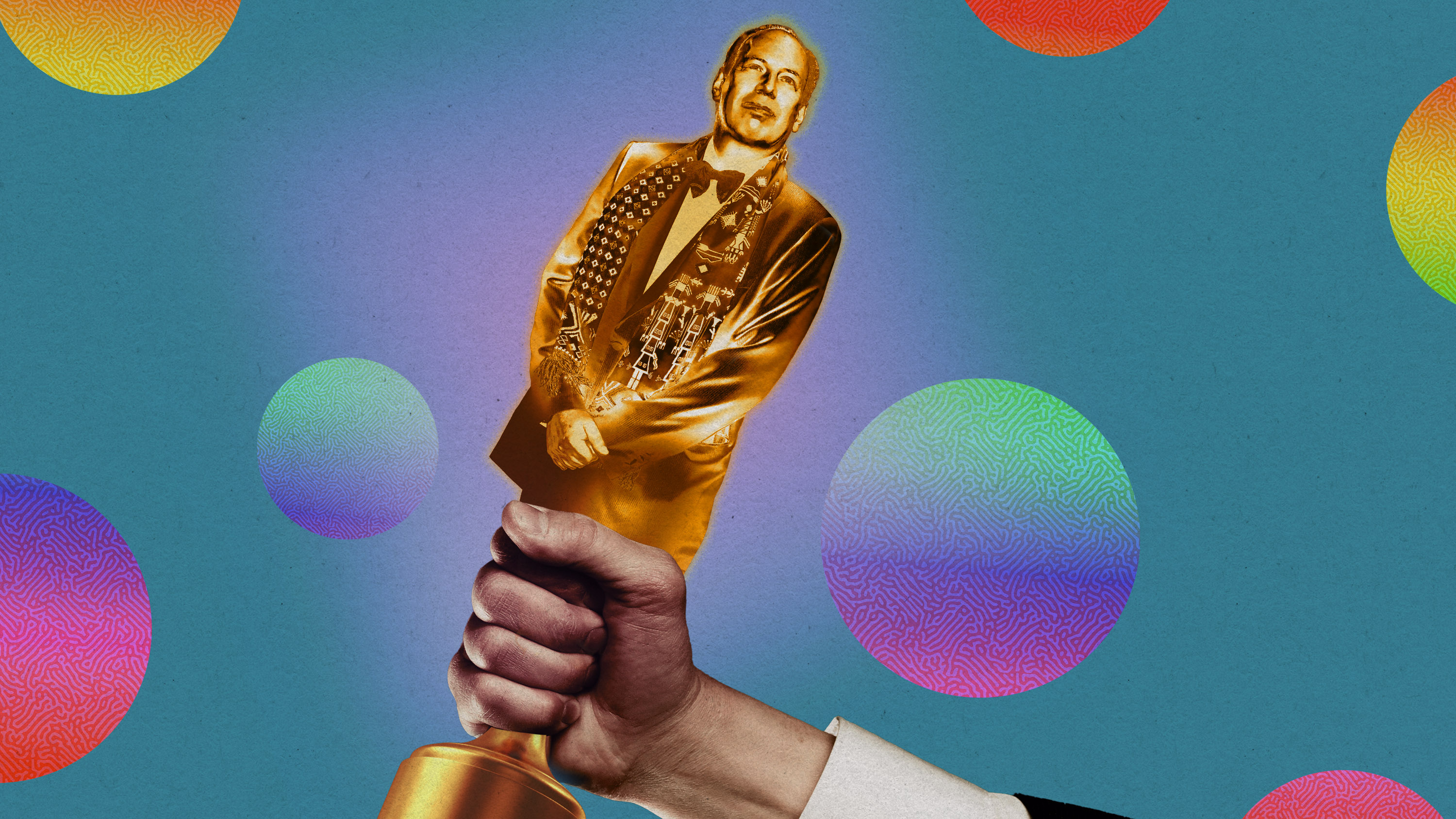A Disney director tried—and failed—to use an AI Hans Zimmer to create a soundtrack
AI generated a “7 out of 10” track. “But the reason you go into Hans Zimmer is for 10 out of 10,” says Gareth Edwards.

Hans Zimmer, 1; AI, 0.
When Gareth Edwards, the director of Rogue One: A Star Wars Story, was thinking about the soundtrack for his upcoming movie about artificial intelligence, The Creator, he decided to try composing it with AI—and got “pretty damn good” results.
“The cheeky part of me thought it’d be even better if we didn’t tell anyone—and we did the soundtrack and we kept it secret, like we invented a person’s name or something, and then when it was all done … ‘Haha, it was actually AI,’” Edwards said in a LinkedIn Live interview with MIT Technology Review. (You can watch the full interview below.)
Edwards had asked an unspecified AI music company to use the tech to create a soundtrack in the style of Oscar-winning composer Hans Zimmer.
The AI system generated a track that was maybe a “7 out of 10,” Edwards said.
“But in the back of my head I was like, ‘But the reason you go to Hans Zimmer is for 10 out of 10,’” he added.
Edwards, who ended up using the real, flesh-and-blood human Hans Zimmer for the soundtrack of his movie, said he played the AI-generated track back to the composer. Zimmer, he said, found it amusing. Zimmer wasn’t reachable for comment.
Edwards’s experiment speaks to an issue at the heart of one of the biggest fights facing Hollywood today. Artists and creatives are up in arms over generative AI. Hollywood is currently at a standstill as actors and writers are striking over fairer labor conditions and the use of generative AI in the film industry. There is also fierce pushback from authors and artists who argue that tech companies steal their intellectual property by indiscriminately scraping the web for images and text. Prominent artists such as comedian and author Sarah Silverman have sued AI companies for copyright infringement.
It’s still early days for music-generating AI, which might explain why Edwards got the results he did, says Henry Ajder, an expert in generative AI.
“From my experience, some quite simple AI music is pretty convincing. It’s difficult to tell the difference between an AI-generated composition and a human-performed composition,” he says.
But a longer piece in the style of Hans Zimmer is significantly more complex to generate than a simple piano melody with one instrument, he adds. AI systems are limited by what is in their training data, whereas human Zimmer has his imagination and the whole surrounding world to draw inspiration from.
Edwards said AI systems lack a fundamentally crucial skill for creating good art: taste. They still don’t understand what humans deem good or bad. For that reason, he believes that rather than fearing AI, creatives should use it. “Everyone’s very aware it’s coming. It’s a tool,” Edwards said. “The people that are going to be okay are the people who don’t deny this breakthrough is happening, and embrace it and learn it, and try to use it as a tool.”
Edwards drew parallels between today’s AI boom and the invention of the photo-editing software Photoshop.
When Photoshop came out, he said, the public discussion was about how the software “was sacrilegious.”
“We got over that eventually. Now Photoshop has created so many opportunities for so many people doing art … I wouldn’t want to go back,” he said.
Artificial intelligence will seismically shift the industry in the same way the invention of the camera or the digital visual effects in Jurassic Park did, Edwards said: “It’s just another one of those, I hope.”
Deep Dive
Artificial intelligence
Large language models can do jaw-dropping things. But nobody knows exactly why.
And that's a problem. Figuring it out is one of the biggest scientific puzzles of our time and a crucial step towards controlling more powerful future models.
Google DeepMind’s new generative model makes Super Mario–like games from scratch
Genie learns how to control games by watching hours and hours of video. It could help train next-gen robots too.
What’s next for generative video
OpenAI's Sora has raised the bar for AI moviemaking. Here are four things to bear in mind as we wrap our heads around what's coming.
Stay connected
Get the latest updates from
MIT Technology Review
Discover special offers, top stories, upcoming events, and more.